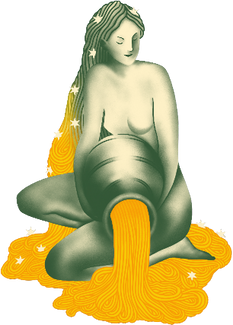
Select Travel Guides
Travel Guides
Amalfi Coast
Abruzzo
Bologna
Capri
Florence
Ischia
Lake Como
Milan
Modena
Naples
Parma
Pisa
Positano
Puglia
Rome
Sicily
Sorrento
Tuscany
Venice
Verona
Travel Stories
Showing 9 of 144 results















